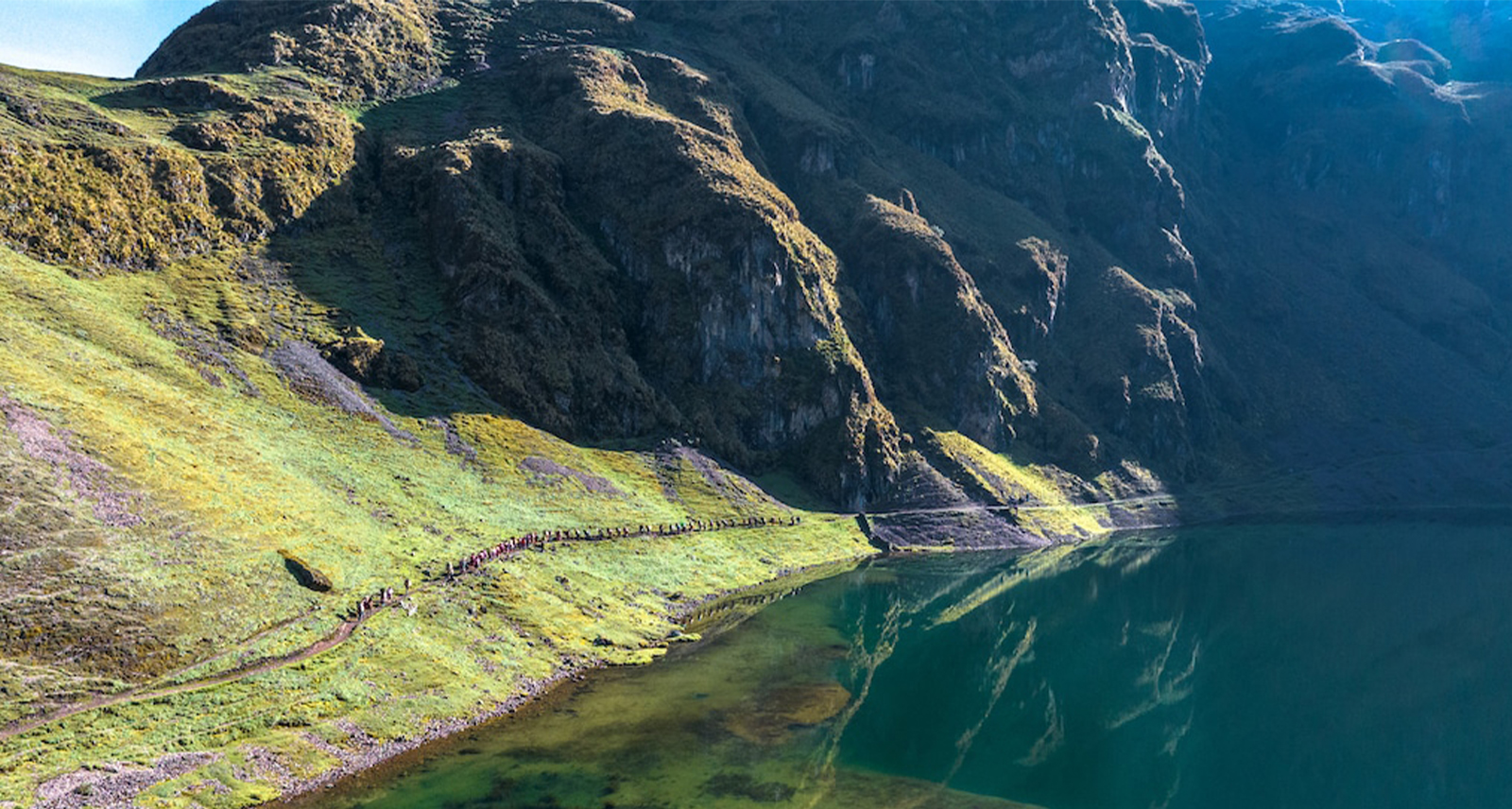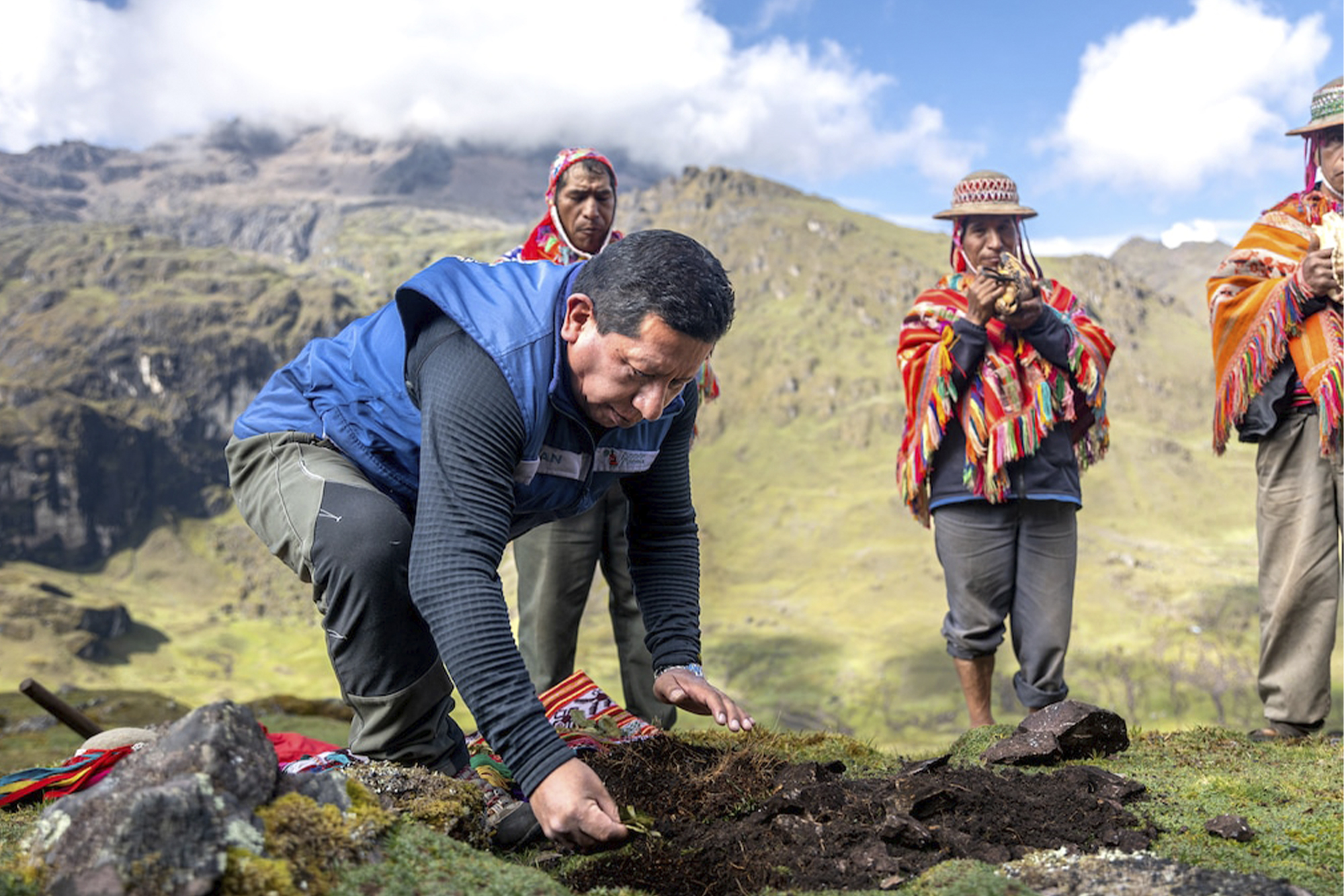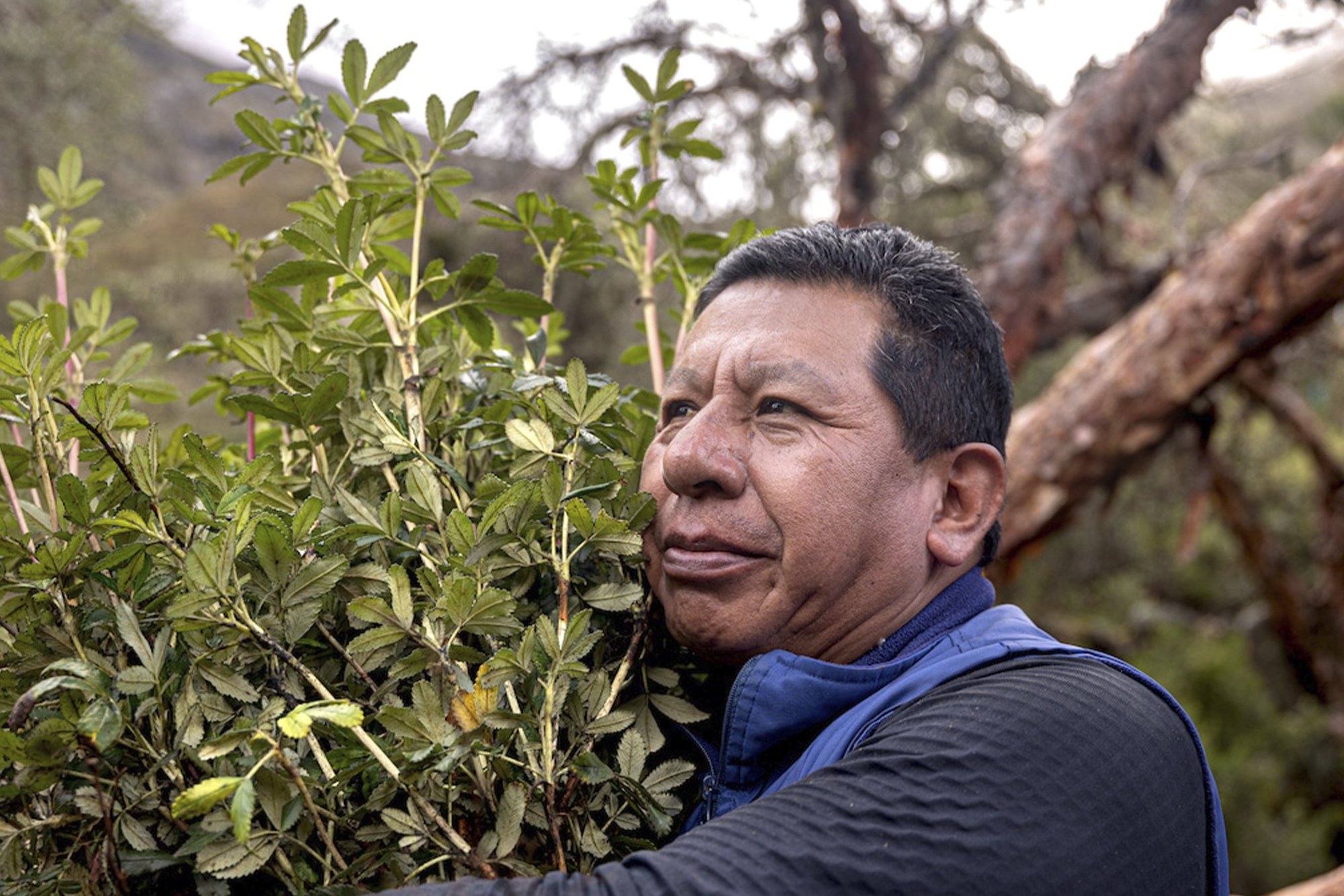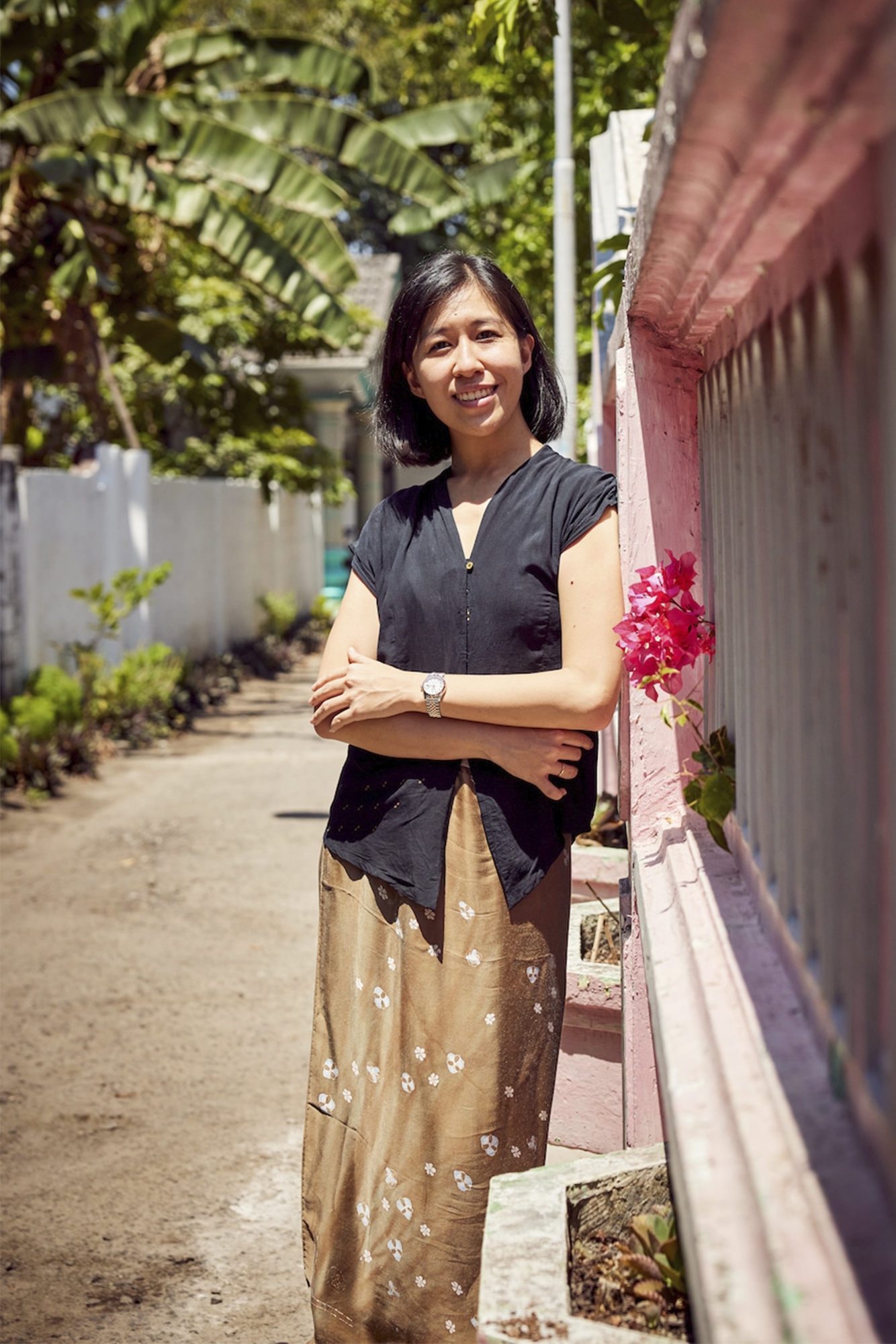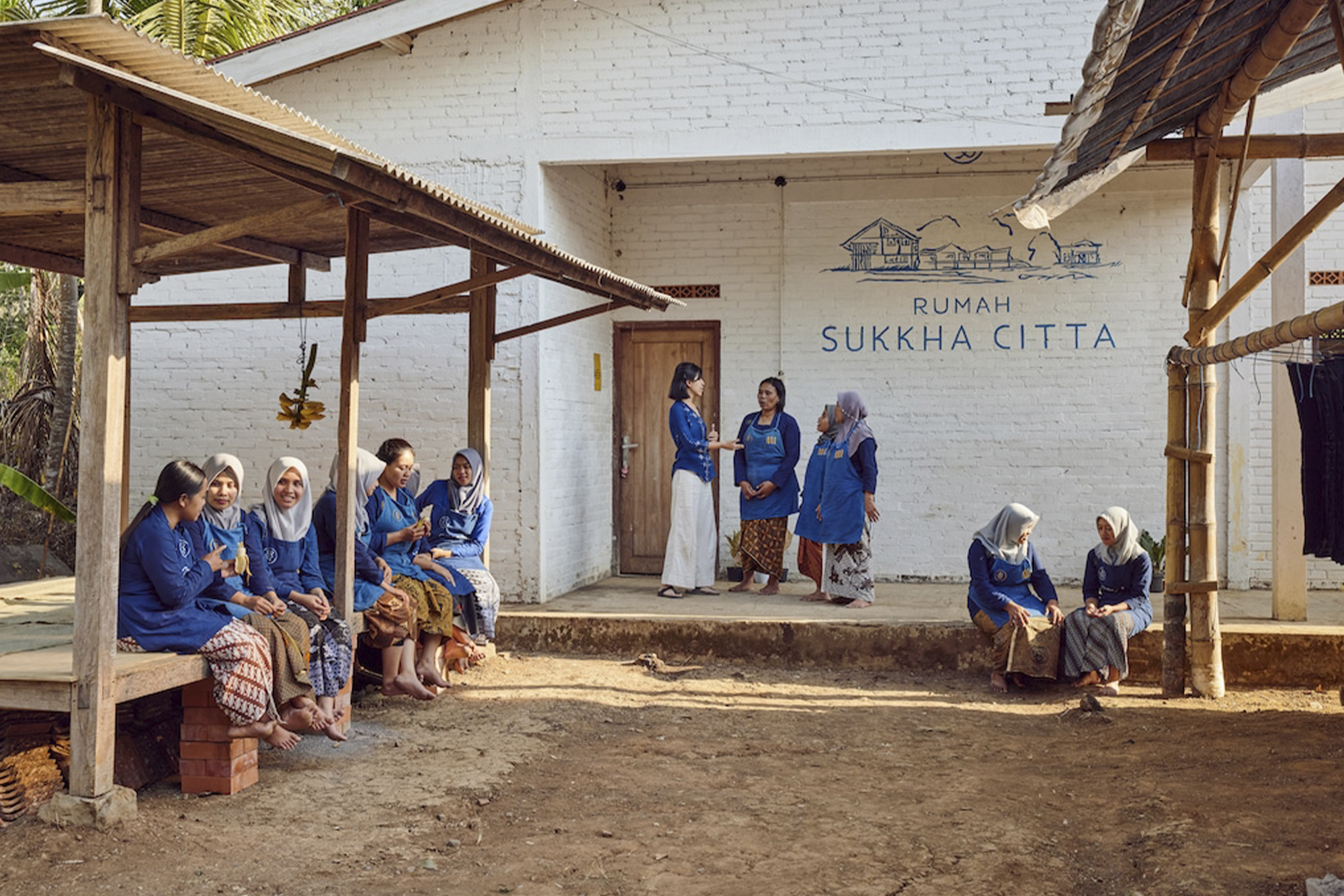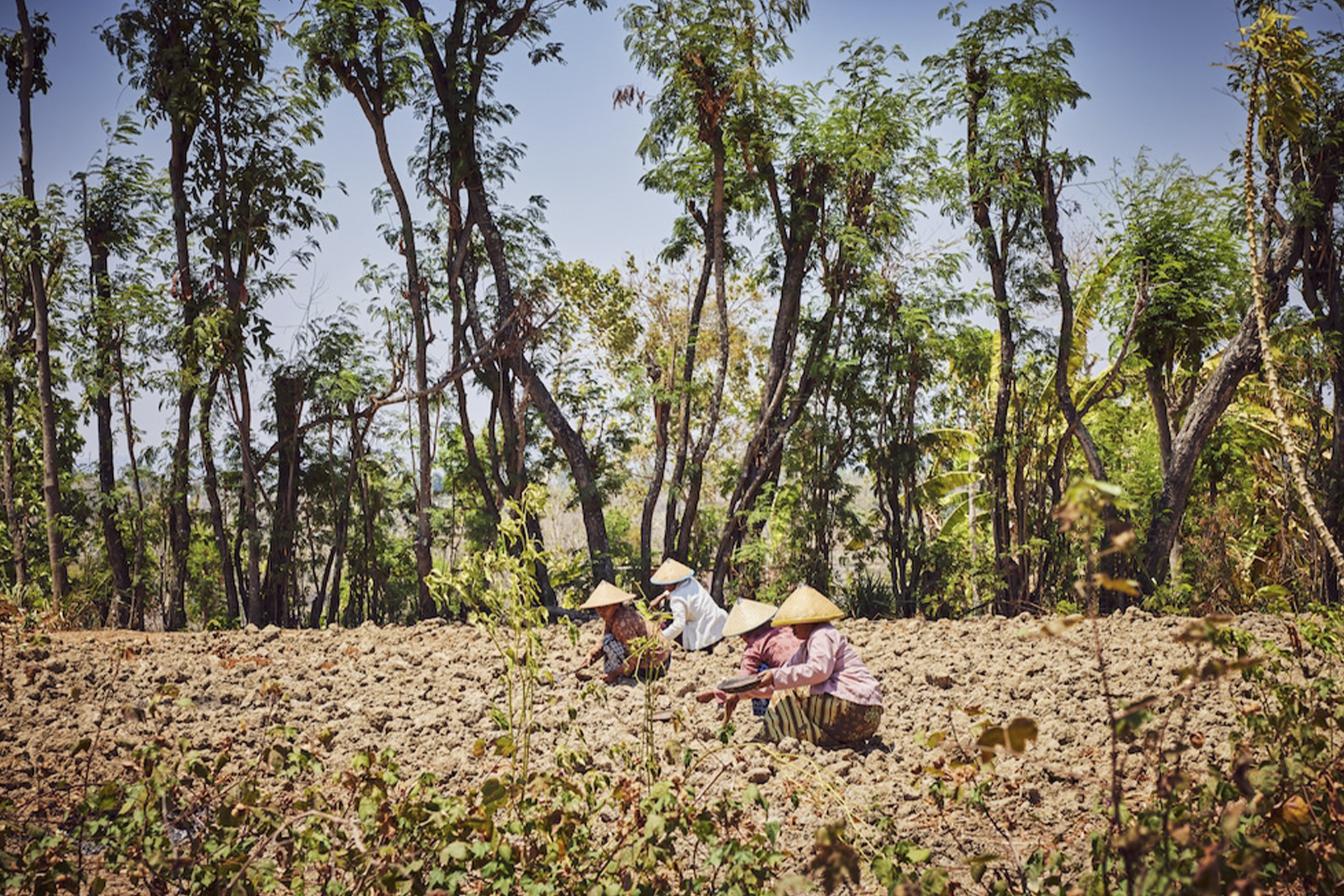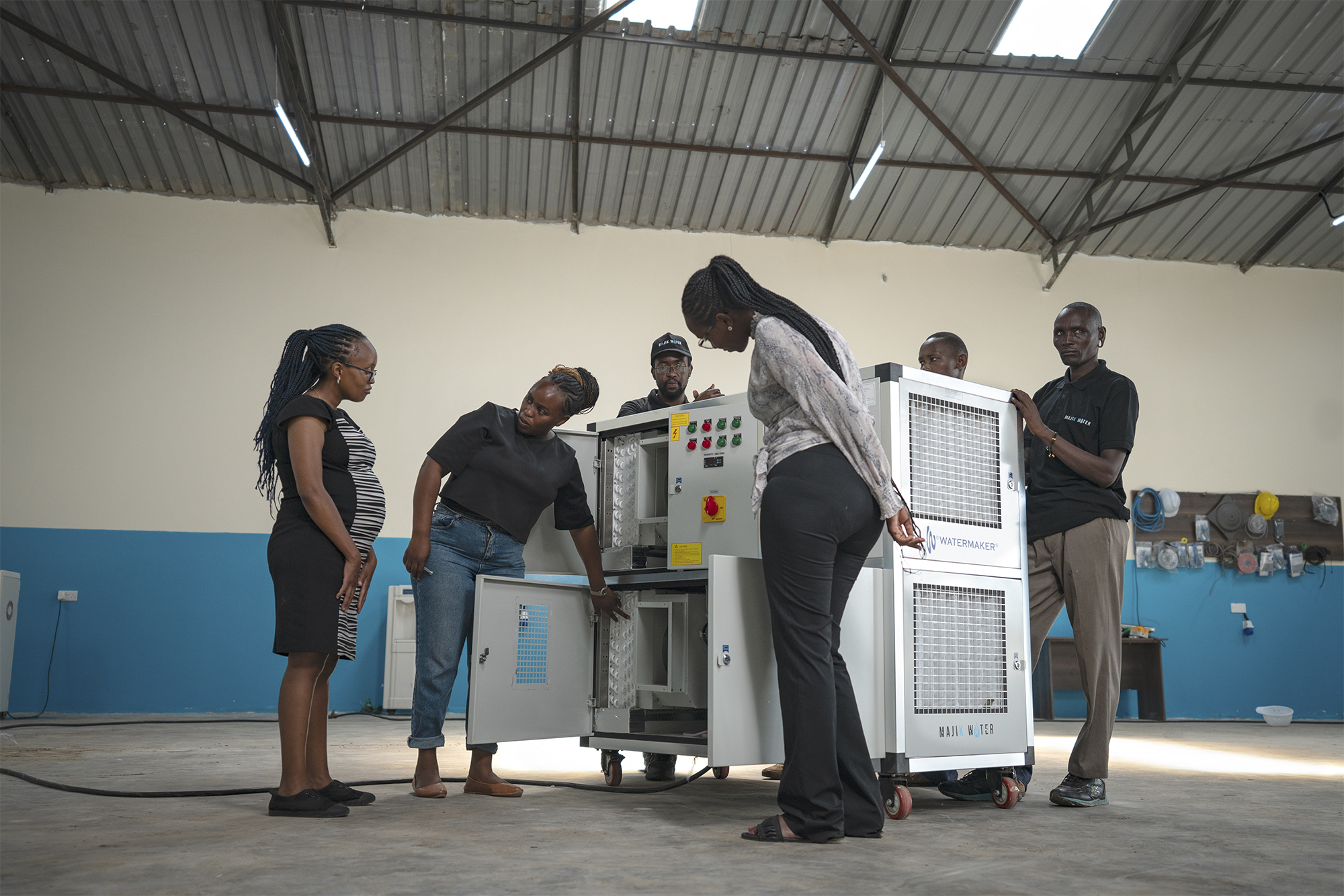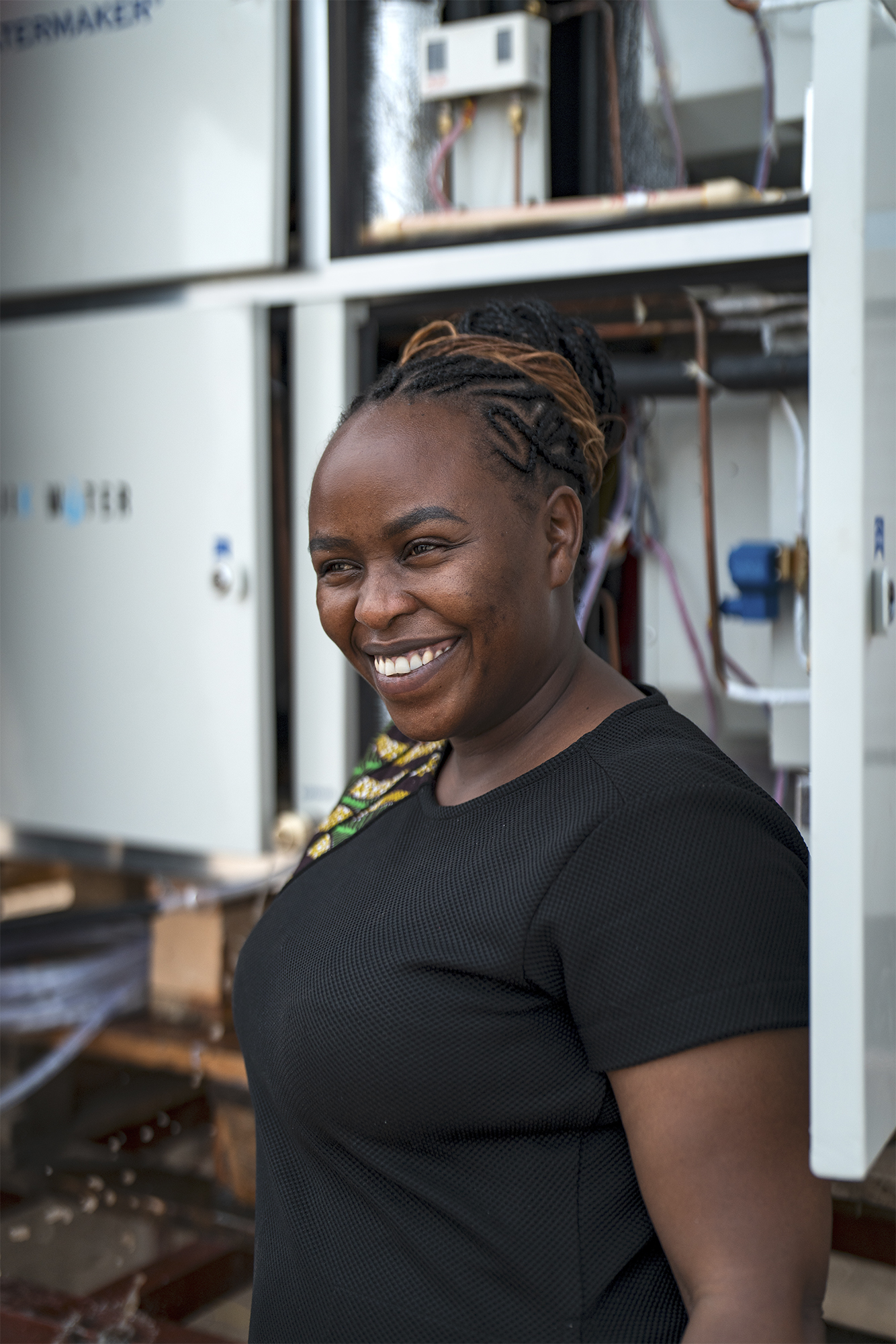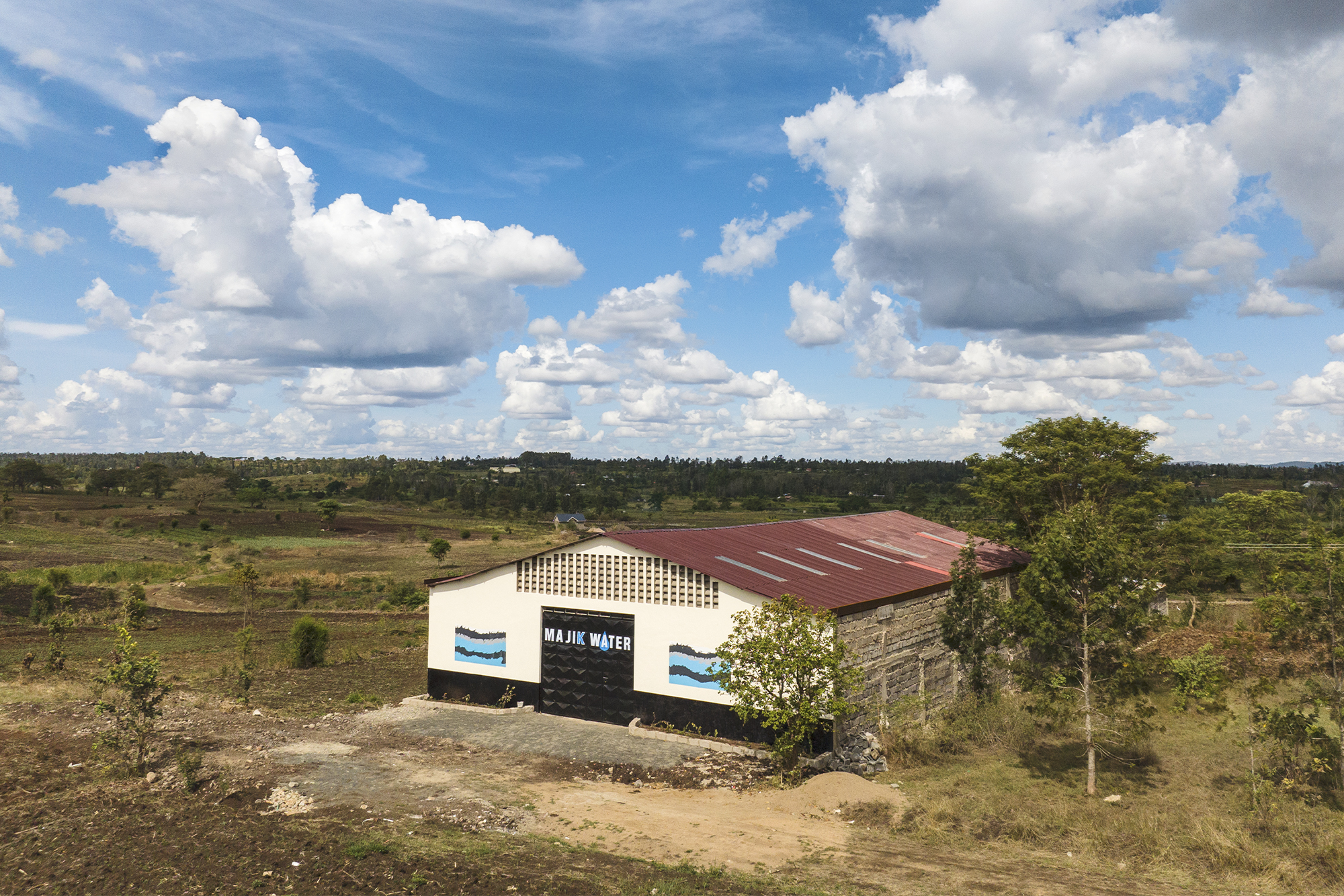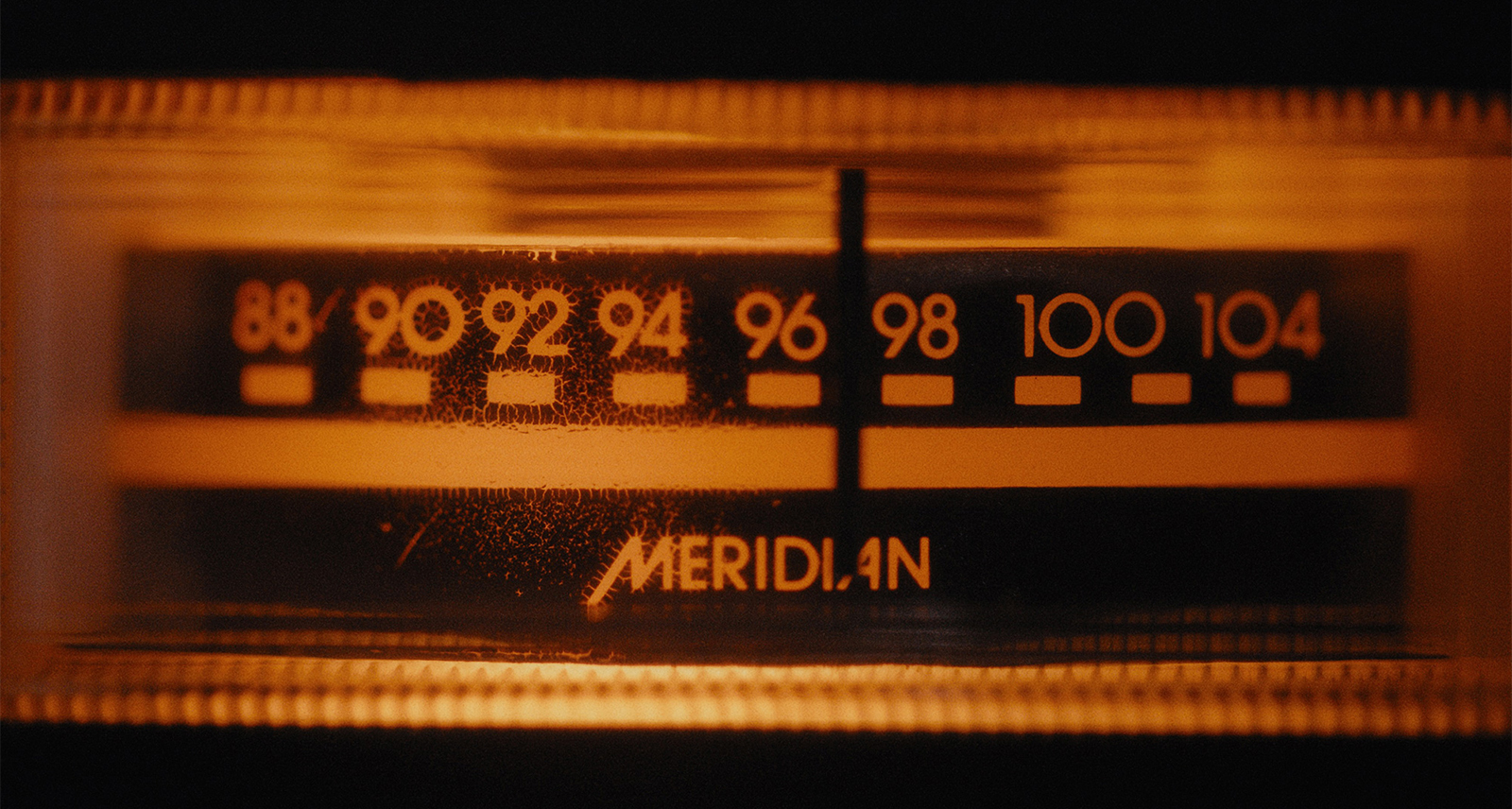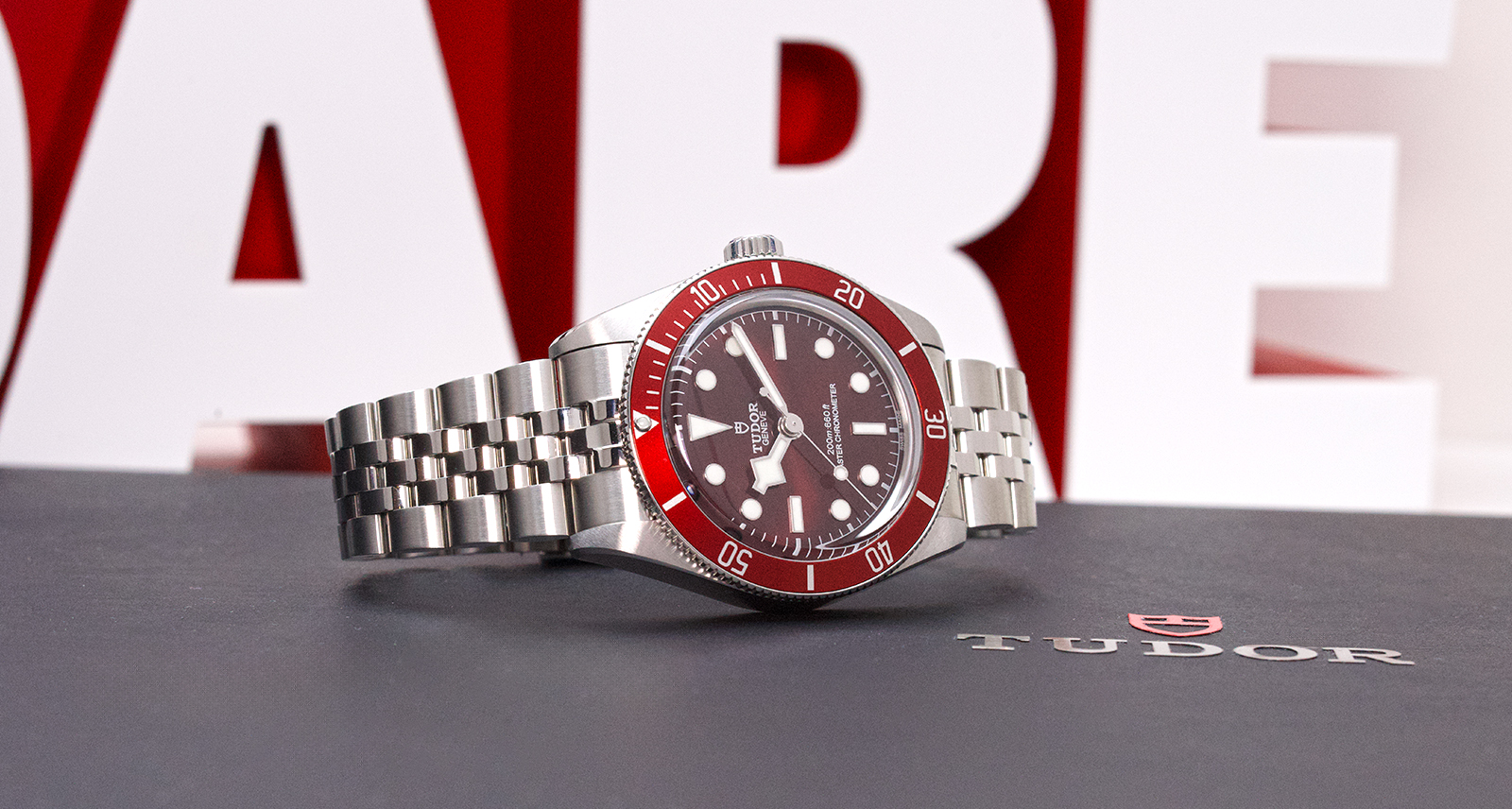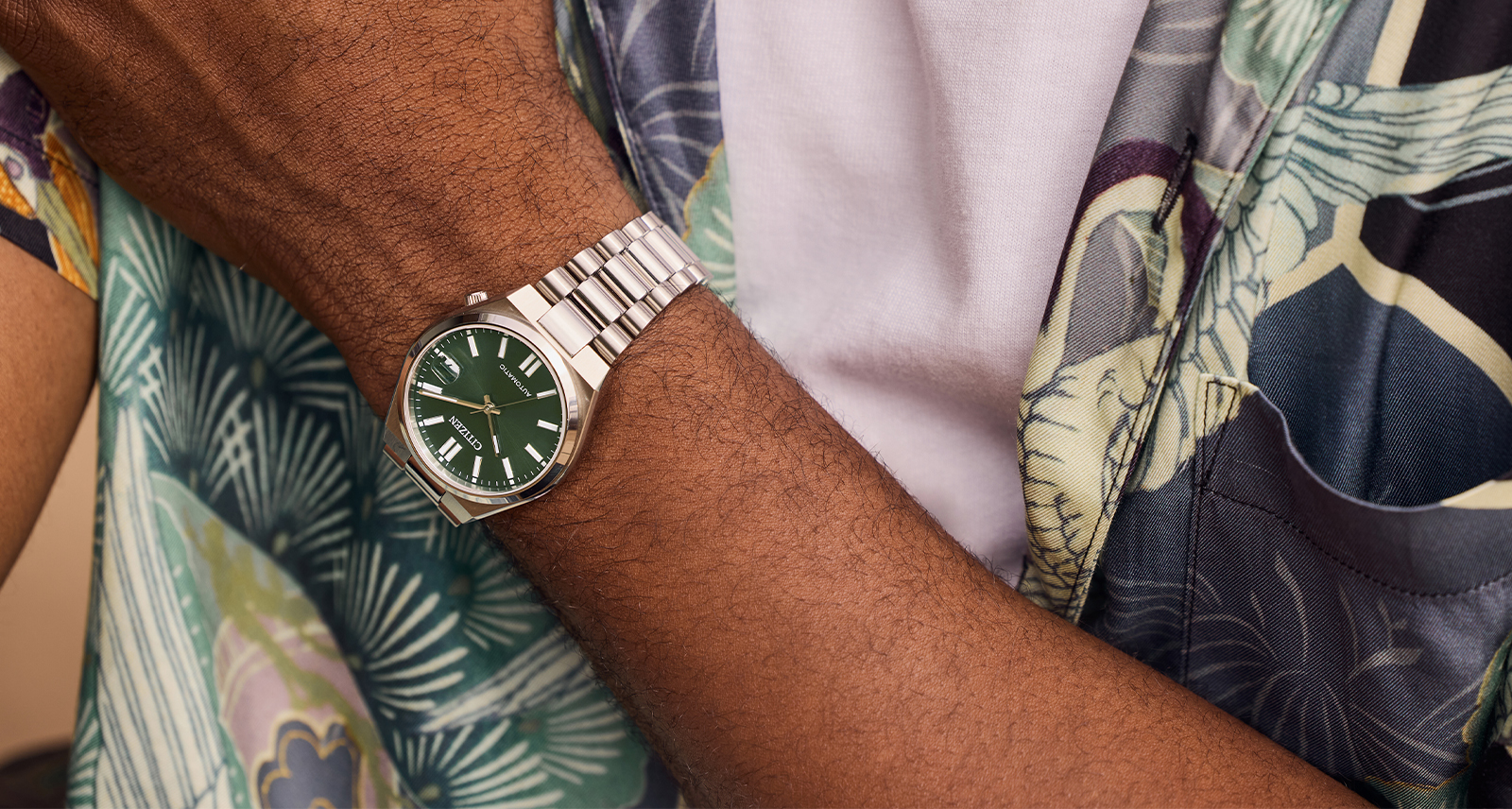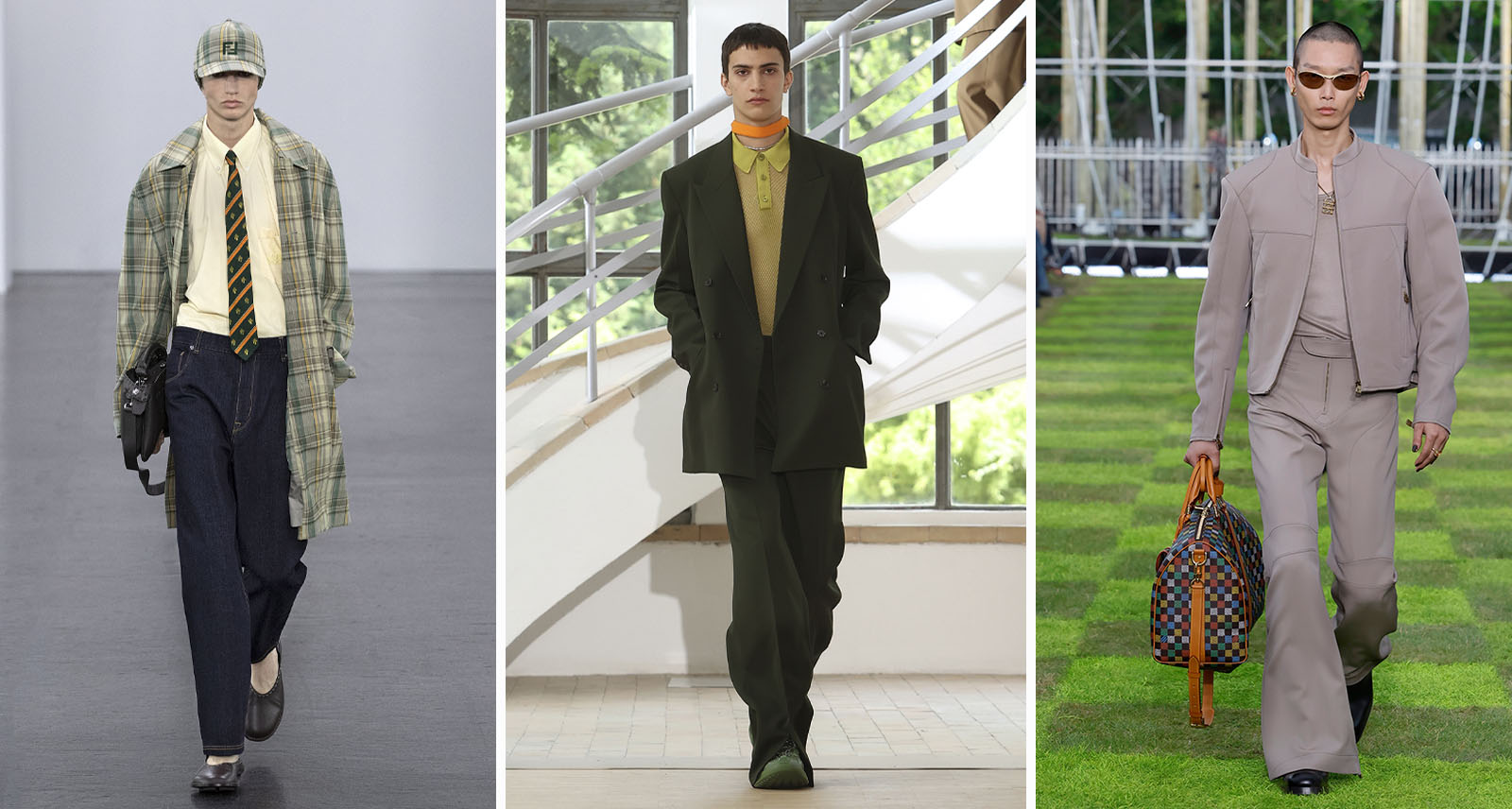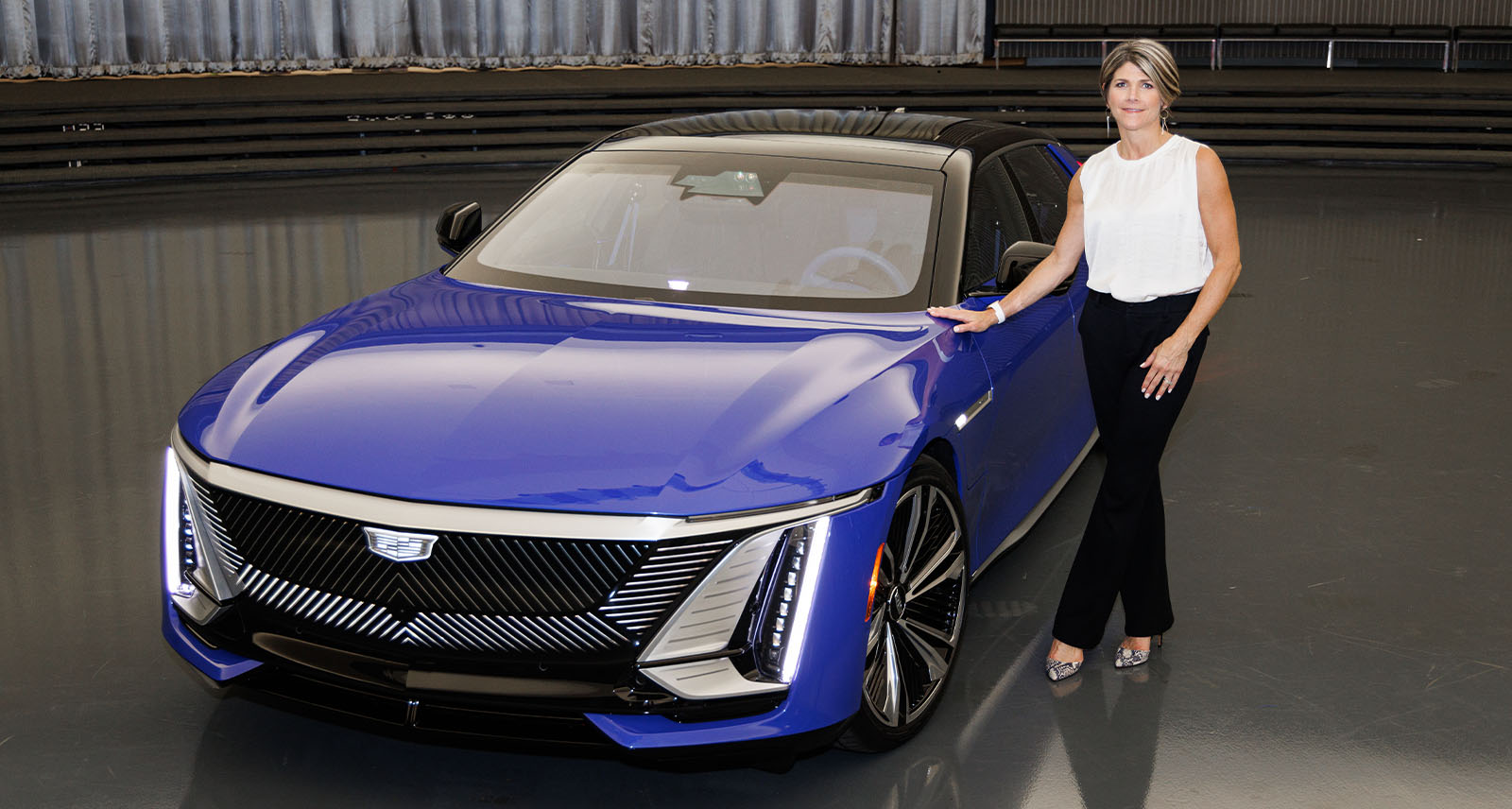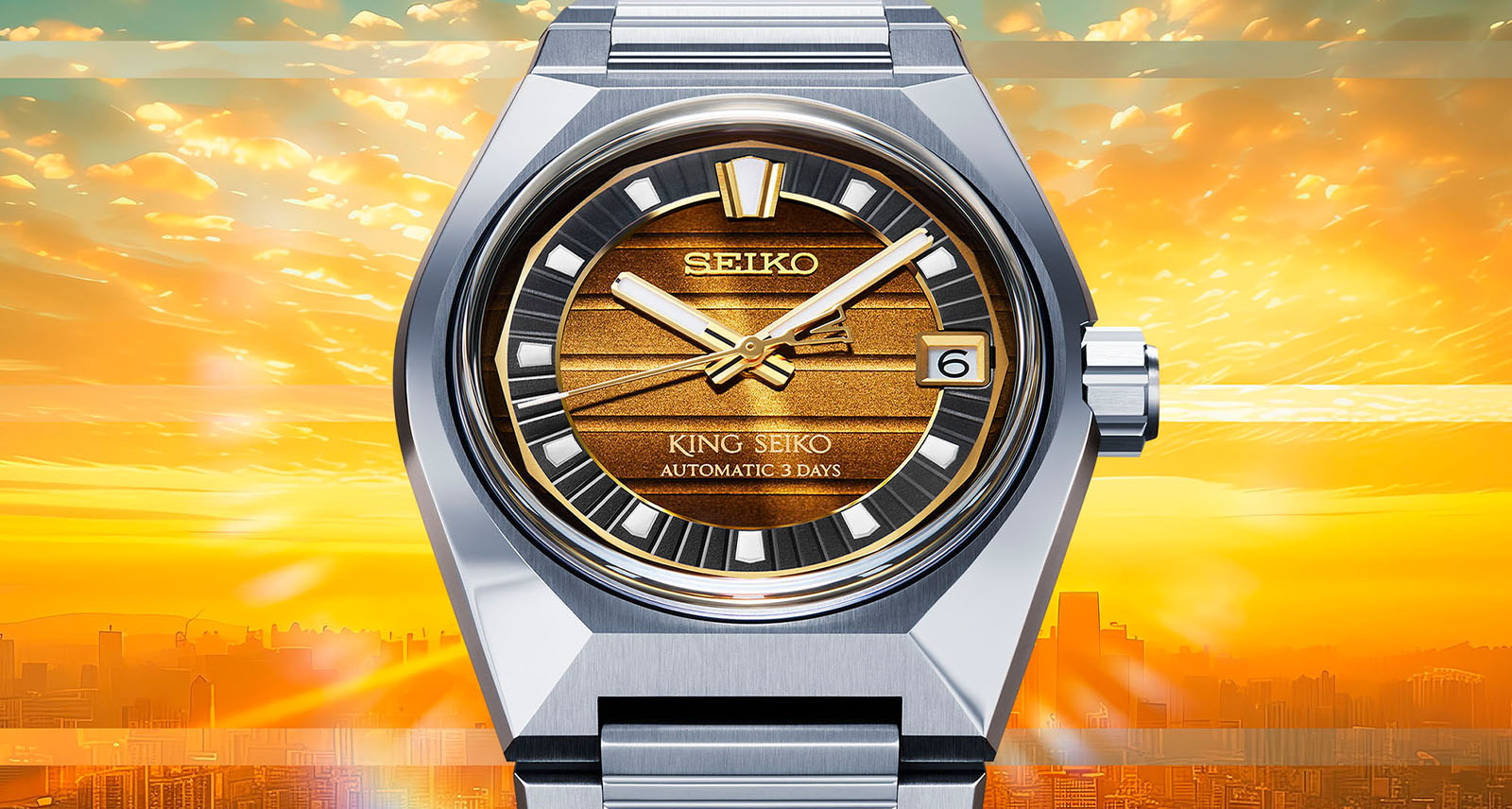2023 Rolex Awards for Enterprise Celebrate Sustainability, Innovation, & Diversity
What do “water kiosks” in Kenya, farm-to-closet clothing in Indonesia, and reforestation in Peru have in common? Aside from being the focus of some extremely promising sustainability projects, they are the beneficiaries of the recently announced 2023 Rolex Awards for Enterprise.
One of the most interesting facts about Rolex is that the company that makes some of the world’s most coveted watches is operated by a not-for-profit trust. The Hans Wilsdorf Foundation, which was set up by the company’s eponymous founder, supports a wide variety of charitable initiatives each year from arts mentorships to ocean conservation, as well as the Rolex Awards for Enterprise.
Initiated in 1976 to mark the 50th anniversary of the Rolex Oyster, the first waterproof wristwatch, The Rolex Awards for Enterprise supports individuals around the world who are working on innovative projects to improve human knowledge and protect the environment. In the 48 years since its creation, the biannual program has supported 160 Laureates doing diverse work across 65 countries, including these examples from the class of 2023:
Constantino Aucca Chutas – Peru
After witnessing the effects of high-altitude deforestation in his native Peru, conservationist Constantino Aucca Chutas is giving local communities the tools to take action by planting millions of trees. Since founding the Asociación de Ecosistemas Andinos (ECOAN) in 2000, Aucca Chutas’ conservation group has planted more than 4.5 million native trees and created 16 protected areas in Peru’s Vilcanota mountains. From slowing erosion to creating habitat for endangered species to restoring an important link in the Amazonian water cycle, these trees are helping to ensure a sustainable future for tens of thousands of families in the Andes and beyond.
Denica Riadini-Flesch – Indonesia
Indonesia’s garment industry is one of the largest in the world, but many of the women it employs do not earn a living wage, and runoff from garment factories is a leading cause of water pollution. Former World Bank economist Denica Riadini-Flesch set out to address both of these problems with SukkhaCitta, a social enterprise that produces sustainable clothing. By growing cotton using low-impact methods, using nontoxic natural dyes, and training women in traditional textile production techniques and business skills, SukkhaCitta benefits people while regenerating farmland. With the help of the Rolex Award for Enterprise, Riadini-Flesch plans to double the number of women being trained and reach 10,000 people by 2030.
Beth Koigi – Kenya
Water scarcity is a growing problem worldwide, particularly in the arid and semi-arid regions of Kenya. Using solar-powered atmospheric water generators (AWGs) that draw, filter and mineralize water from the air, Beth Koigi’s company, Majik Water, is providing a solution to this problem, and a source of 200,000 litres of clean water water each month for off-grid communities. With the help of the Rolex Award for Enterprise, Koigi’s next step is the creation of “water kiosks” in two of the largest refugee camps in Africa, each of which will provide enough clean drinking water for 50 households while covering its costs.
